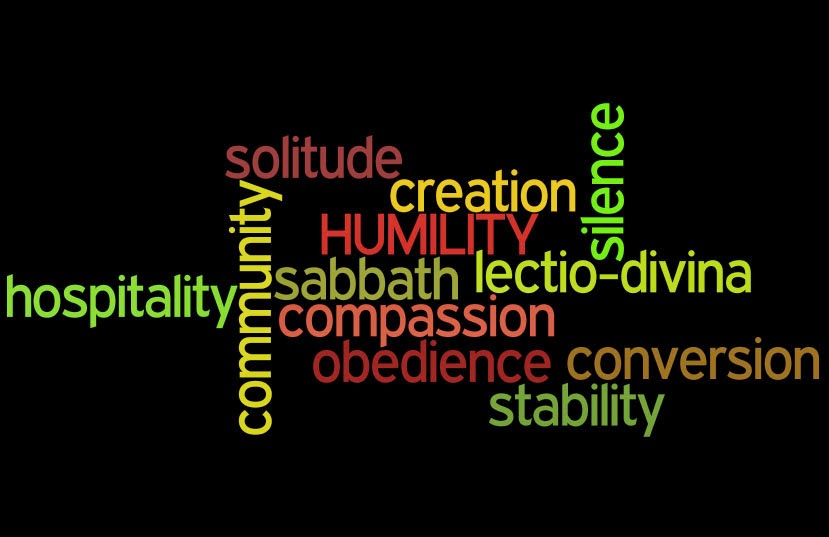AT RHW WE PUBLISH A NEW COLUMN EACH FRIDAY. WE’RE GOING THROUGH FOUR SPECIFIC STUDIES WITH EACH SERIES BEING PUBLISHED ON A DIFFERENT FRIDAY OF THE MONTH.
In The Spiritual Disciplines series we’re learning 12 disciplines that will guide us as we grow deeper in our walk with God. These columns post on the second Friday of each month in 2020.
Spiritual Disciplines are not a list of religious duties but rather habits that nurture and mature our spiritual growth. They are inward, spiritual attitudes walked out by behaviors and actions. These habits are critical for lasting spiritual growth and true life transformation.
STUDY: the intentional process of engaging the mind with the written / spoken Word of God and with the world God has created; conforming the mind to that on which it concentrates.
Your Word is a lamp to my feet and a light to my path. ~ Psalm 119:105
At the foundation of all The Spiritual Disciplines is God’s Word. The best way we can learn more about God and grow closer to Him is to study the Bible. As a young boy Jesus studied the Torah. Scripture records him spending time with the teachers in the Temple. We must follow Jesus’ example and spend time studying Scripture. What we study becomes implanted in us. And the best way to be transformed from the inside out is to not just study but meditate on and even memorize Scripture.
Quality Time With God
When we spend time alone with God in His Word we can learn about God’s love for us and the truth that will bring us salvation. Through our faithful study of God’s Word we will be taught, directed, protected and even healed. God wants a relationship with us and a healthy relationship takes time to build.
Be Intentional About Study
The Spiritual Discipline of Study encompasses more that just learning about God from the Bible. We can spend time in nature and with other valuable books to grow closer with God. What’s most important is that we are intentional about what we study, making sure that where we spend our time and energy, what we focus and meditate on, is what we want to be planted in our heart, mind and soul. We will become like what we meditate on.
Transformation Will Come
God’s Word can speak to our circumstances/pain/heartache in the most mysterious way. However, for that to happen requires that we sacrifice our time to study. When we do, with the help of the Holy Spirit, the Living Word of God will bring about the transformation that’s needed.









